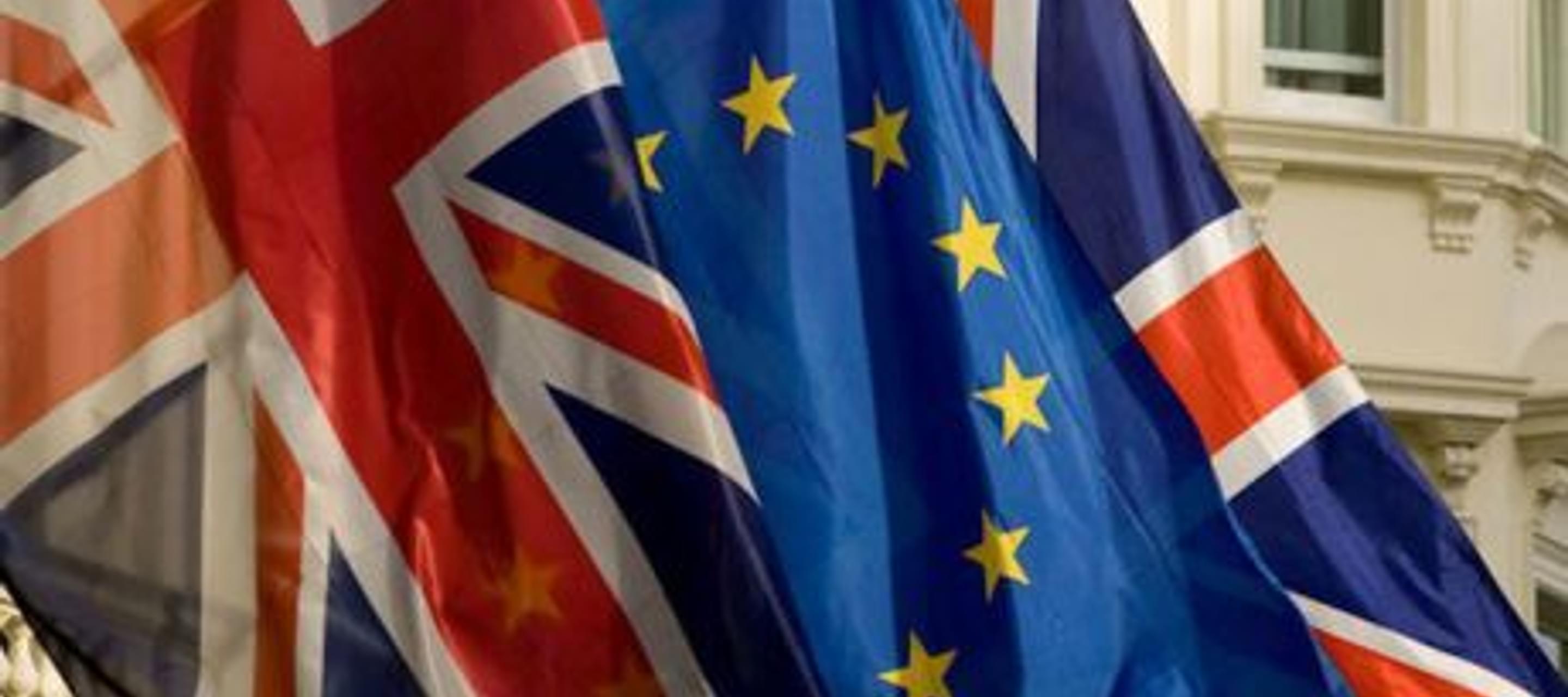The UK position on EU membership: Are human rights relevant?
7 January 2013

Tomorrow British Prime Minister David Cameron will deliver a much-anticipated speech on the UK’s future in the European Union (EU). The Prime Minister’s views, as well as a likely referendum, have resulted in pre-emptive statements from other world leaders and captains of industry. Self-determination is a human right, but what is the relevance of human rights beyond this?
To begin to answer that question, it is worth noting from the start that in much of UK media, human rights issues are often used as a signal to arouse anti-European sentiment.
However, even if the UK decides to pull out of the EU – and that is by no means certain – it would do little to diminish British commitments under international human rights law, as well as the international human rights expectations placed on the UK Government and UK business. That needs to be understood clearly by both those arguing for staying in the EU, and those arguing against it. But what could any changes in the UK’s position mean in practice?
First, it is important to acknowledge that the EU has only a limited role in protecting the human rights of British people. This is particularly the case as the Charter of Fundamental Rights, associated with the Lisbon Treaty, has limited and debatable application within the UK (given the exemption protocol negotiated by the British and Polish Governments in 2009).
The European Convention on Human Rights (and its related Court of Human Rights) are often criticised by EU sceptics, but these are creations of the Council of Europe, and not the European Union. The Council of Europe (a body which owes much to the vision of Winston Churchill), with its membership of 47 states stretching as far as the Urals, operates entirely independently of the EU (with its 27 members). And yet, it is surprising how often commentators inadvertedly or deliberately confuse the two.
Nor is every judgement from the Court unpopular with the UK public. To be sure, the ruling requiring all prisoners to have the right to vote has received only limited political or media support in the UK and its rationale is rarely explained in its historic and pan-European context. However, this week’s ruling concerning an issue related to business and human rights, which allows a British Airways employee to wear a religious symbol (a crucifix) in the workplace, has widely been welcomed. The European Court will get little credit for this amongst UK Euro-sceptics, but even if it did, it is of little relevance to the EU membership decision – unless EU employment law itself begins to address the issue of religious expression in the workplace. And that remains unlikely, given the differing positions taken by member states on veils, turbans, praying and fasting.
On the broader front, the EU has been active in recent years in promoting the business and human rights agenda, following the Swedish Presidency in 2009. This has largely been below the radar of British press or public attention to date. It is however significant as in 2011, the European Commission revised its policy position (or ‘communication’) on corporate social responsibility. There is now an expectation that all companies registered in EU member-states will respect human rights wherever they operate around the world.
When the 27 EU Foreign Ministers voted to suspend sanctions on Burma (Myanmar) on 23 April 2012, the communiqué directly referred to the corporate responsibility to respect all human rights. This year the EU’s position on non-financial reporting requirements for business will take centre stage, and these are also likely to contain reference to human rights.
The UK will also be amongst the first EU member states to publish its national strategy on implementation of the United Nations (UN) Guiding Principles on Business and Human Rights. The UN document was the product of six-years of international effort and was approved unanimously by the UN Human Rights Council in 2011. Euro-sceptics might view such developments as added reasons for leaving the EU and its related ‘red tape’ constraining the competitiveness of British businesses worldwide. But their conclusion would be wrong.
That is because the development of the international business and human rights framework is not being driven by the EU, but by more international bodies such as the UN, the World Bank Group and the OECD. If anything, the European Union has been relatively late to the party and non-EU European states – Switzerland and Norway for example – are perhaps amongst the leading states to broker such agreements globally.
The UK Government has been right to understand the importance of being at the forefront of the business and human rights agenda. The world needs companies that operate in a responsible manner and whose activities are sustainable and free from corruption, and who are able to turn a healthy profit whilst contributing to the wealth and wellbeing of the society. Such companies need governments to develop and maintain a ‘level playing field’ of financial, environmental and social expectation – so that good companies are not undermined by bad ones. The integrity of such companies is part of the value proposition to customers; it doesn’t suit UK national interests if British companies treat workers and employees as they did in the 18th, 19th, and early 20th centuries.
The steps being taken now by the UK Government to develop a National Plan for implementing the UN Guiding Principles would have happened even if the UK were not a member of the EU. But the EU does help to provide a level playing field with the UK’s nearest neighbours, and the opportunity for much greater collective leverage in dealing with human rights in difficult regions. These human rights commitments will remain, whether or not the UK is part of the EU, since nobody is seriously suggesting that the UK should withdraw from the UN or the OECD, for example.
Finally, the EU has a long way to go in creating a level playing field and making it work globally. For example, while efforts to negotiate new trade treaties collectively will continue, trade missions and relations between trading partners are still an issue of national sovereignty and there is intra-member state competition. What is regrettable is when environmental standards and respect for human rights are seen as being of lesser importance. Too often, conflicting messages are sent to governments from different EU member-state governments (or different ministries within the same government), which call into question governments’ commitments to social and environmental standards. Similarly, it is highly important that due diligence measures relating to public procurement and export credit guarantees are aligned further. EU member states still sign their own bilateral economic agreements with countries where human rights remain a particular concern.
So the debate surrounding a UK referendum on EU membership should not use human rights as a blunt tool for arguing for or against membership. Whilst the UK can, in theory, move away from some of its commitments to the European Union (if that is indeed the will of the people) – it cannot escape its international human rights obligations in the same way. Therefore to conflate issues of human rights in relation to the EU membership debate, as many commentators in the UK continue to do, is misleading as much as it is wrong.




